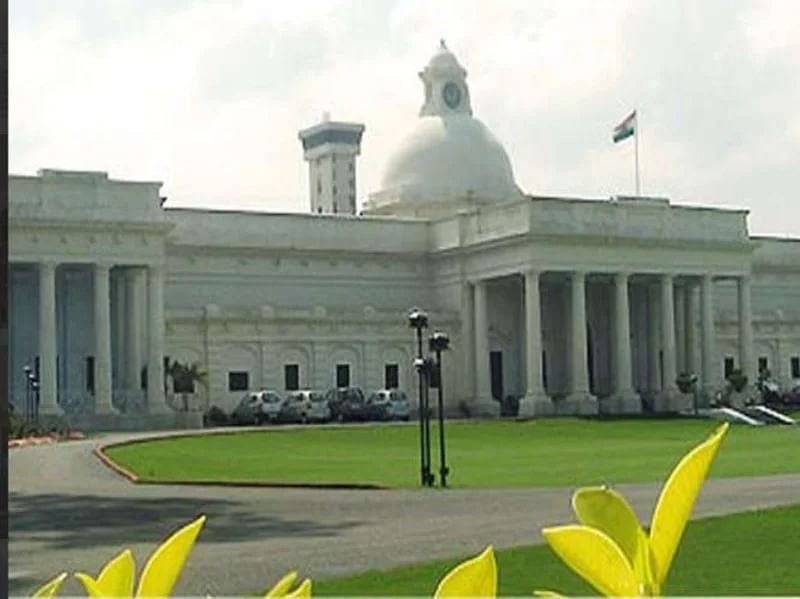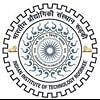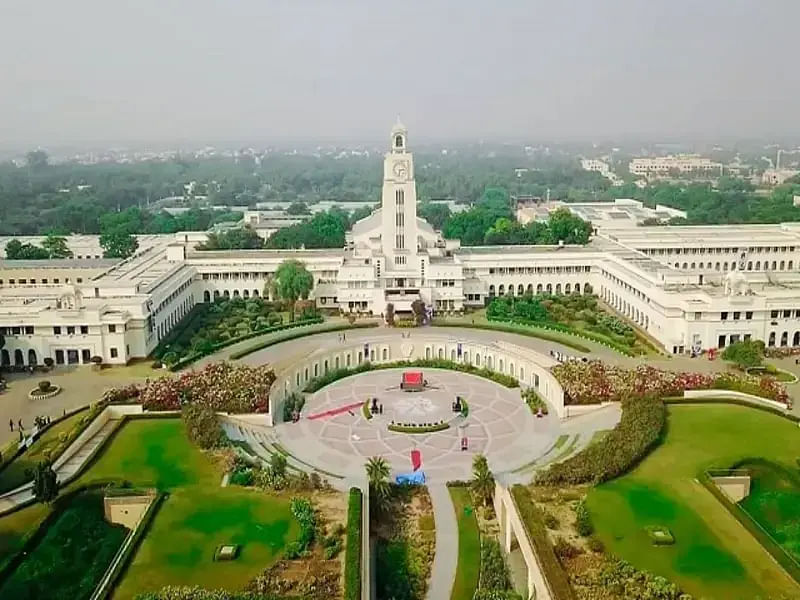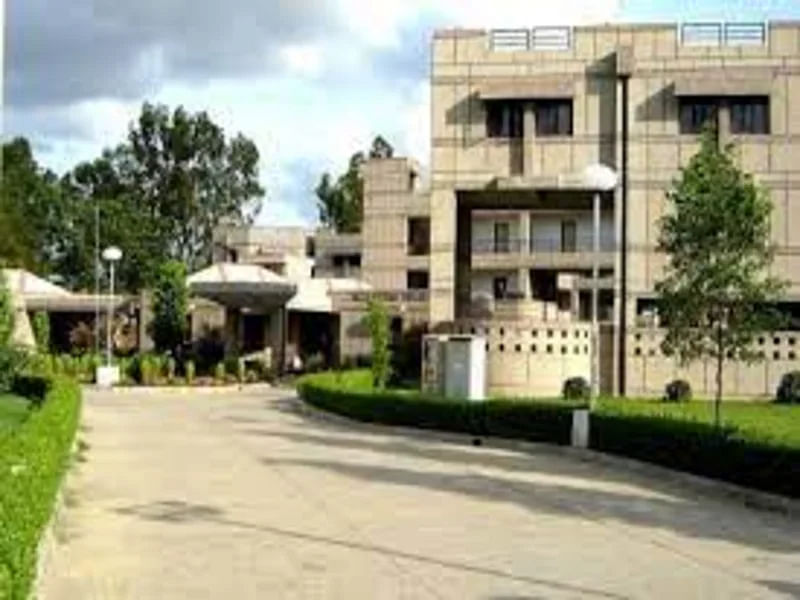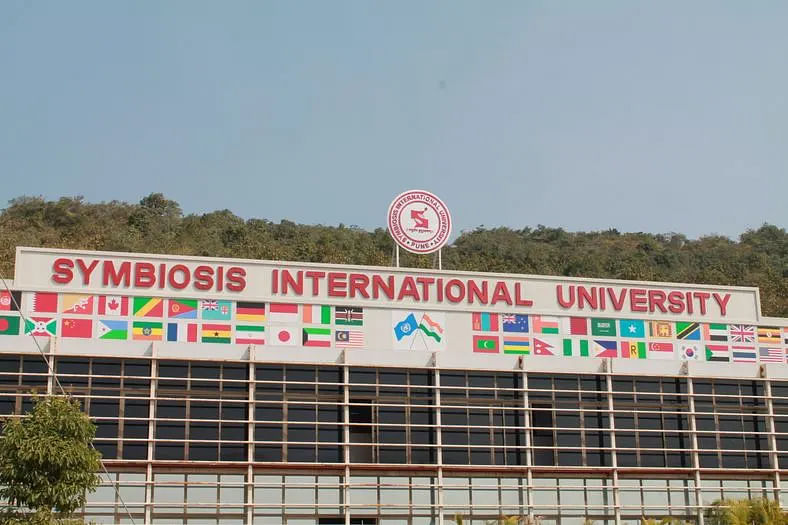M.Sc Economics Syllabus and Subjects

M.Sc Economics syllabus is a postgraduate course that aims to introduce students to all the essential concepts of economics, finance, and business studies. The syllabus of M.Sc Economics focuses on economic studies and analysis and its applications in several sectors such as production, corporate, banking, etc which are the primed faces of the Indian Economy and global development.
Semester Wise M.Sc Economics Syllabus
The M.Sc Economics syllabus in India is two years long, divided into four semesters. The M.Sc Economics subjects have both core and elective subjects under its curriculum. M.Sc. Economics course is designed to introduce students to all the fundamental aspects of economics, analysis, banking and finance, corporate structure and more. Listed below are the M.Sc in Economics Syllabus according to the semesters:
|
Semester I |
Semester II |
|
Advanced Macroeconomics-3 |
Advanced Macroeconomics-1 |
|
Advanced Macroeconomics-4 |
Advanced Macroeconomics-2 |
|
Econometrics-I |
Mathematics for Economics |
|
Development of Economics |
Statistics for Economics |
|
History of Economic Ideas |
Econometrics-I |
|
Public Economics |
Advanced Indian Economics |
|
Research Methodology |
- |
|
Semester III |
Semester IV |
| Indian Economics |
Contemporary Issues in the Indian Economy |
| Economics of Business Strategy |
International Economics |
| Labour Economics |
Elective-1 |
| Environmental Economics |
Elective-2 |
| Financial Econometrics |
Elective-3 |
| Research Project |
Summer Training |
M.Sc Economics Subjects
There are both core and elective subjects in M.Sc Economics. The curriculum is designed to equally focus equally on theoretical and practical studies of various economics structures and study of Indian economics patterns which can be applied for economic analysis of various sectors in the country. Listed below are the core subjects that the students are introduced to through the curriculum:
- Macroeconomics
- Finance Economics
- Public Economics
- Agriculture Economics
M.Sc Economics Course Structure
M.Sc in Economics course structure consists of four semesters, spread across a time period of two years. The course is a postgraduate course with a specialization in the science field. The course structure is given below:
- IV Semesters
- Core Subjects
- Elective Subjects
- Research Project
M.Sc Economics Teaching Methodology and Techniques
M.Sc Economics teaching methodology and techniques include traditional classroom teaching methods and research methodology. These methods are designed to help the students learn about topics and subjects in greater depth and detail. The following subjects are included in the curriculum which provides a basic understanding of various factors under economics science and a deeper understanding of techniques of Economics analysis used in various types of goods and service industries. Listed below are the teaching methodology and strategies in general:
- Lectures
- Thesis
- Theory Papers
- Seminars
- Group Discussions
- Internships
M.Sc Economics Projects
When students are pursuing a postgraduate course in M.Sc Economics, they are expected to work on a research project. This research project is due for them to submit at the end of their coursework. These projects help the professors assess the student’s understanding of their specialization. Some of the popular topics undertaken by the students are mentioned below:
- Mathematics for Economics
- Statistics for Economics
- Econometrics
- Advanced Indian Economics
M.Sc Economics Reference Books
It is an essential step for the students to invest in reference books when pursuing a M.Sc in Economics. These books can be a great asset for the students as they can help the students learn about their course and specialization in great detail. Listed below are some of the popular M.Sc Economics books:
|
Name of Book |
Author |
|
The New Palgrave Dictionary of Economics |
Palgrave Macmillan |
|
A dictionary of economics |
Nigar Hashimzade, Gareth Myles |
|
An Encyclopedia of Keynesian Economics |
Thomas Cate |


